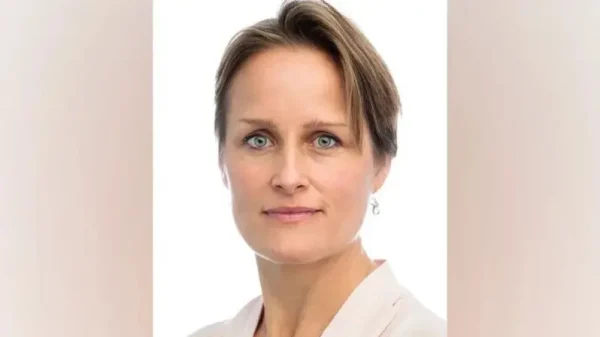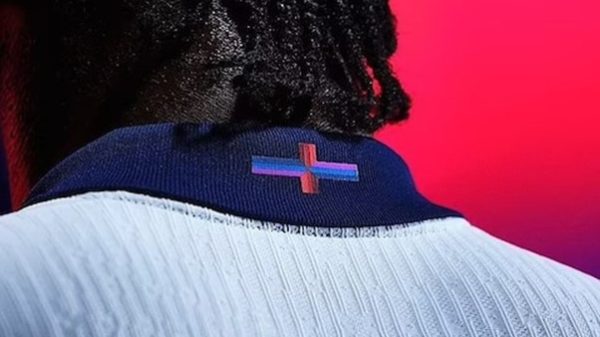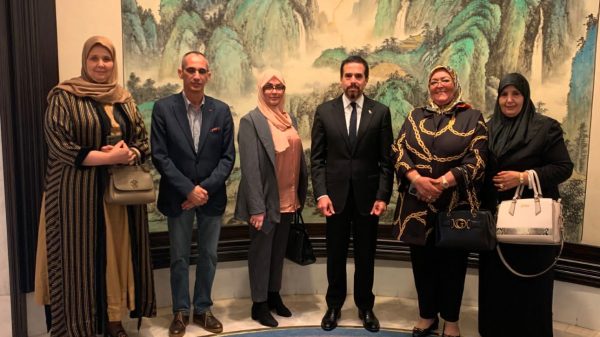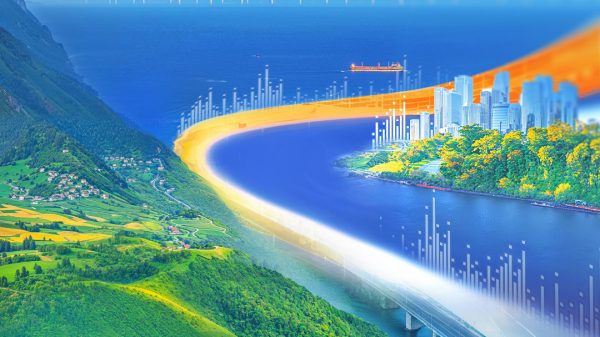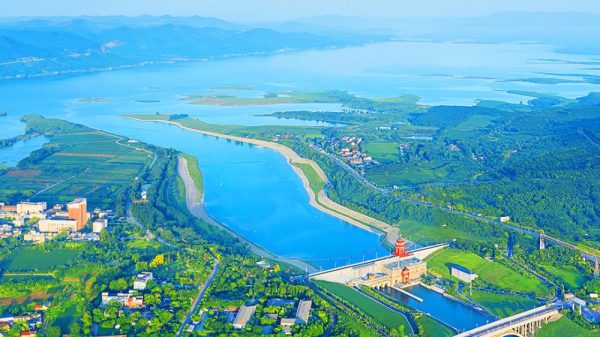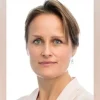The 20 years since 10 new member states all joined the European Union on the same day have been marked by those at the top of today’s EU. In 2004, five former communist states -Poland, Czechia, Slovakia, Hungary and Slovenia, three former constituent republics of the Soviet Union -Estonia, Latvia and Lithuania, plus two former British colonies -Cyprus and Malta, saw their flags raised outside the European Parliament in Strasbourg. It was truly an age of optimism, writes Political Editor Nick Powell.
It was when the EU made the leap from being a club of some of the world’s wealthiest countries to a genuinely pan-European project. Bulgaria, Romania and Croatia were to follow; Ukraine, Moldova, and those Balkan countries yet to join, all hope to follow suit. Back then, keeping the whole of the former Yugoslavia on a path of peace was a priority, not least for the United Kingdom -then a cheerleader for enlargement, rather than beating its own path to the exit.
European Parliament President Roberta Metsola, who as a Maltese MEP represents one of 10 states that joined in 2004, has almost suggested that the task was completed 20 years ago. “Europe was reunited”, she wrote on X. “What once was a dream for generations, became a reality. It meant belonging, opportunity and prosperity. It meant everything. Tonight, we celebrate 20 years together”.
High Representative for Foreign Affairs Josep Borrell was nearly as euphoric, asserting that the 2004 enlargement was “a bold step that further reunified Europe, after decades of divisions following World War II. It was the biggest wave of enlargement of the EU. It was a reunification of a continent striving for freedom of all people, peace, stability and prosperity”.
However, he continued by surveying the Europe of 2024, where “our work on the reunification of the continent is not complete. We knew it before 2022 and we know it even more today, with Russia’s war of aggression against Ukraine. The past years millions of Europeans showed their willingness and hope to join the EU project.
Josep Borrell duly name-checked the current candidates, including Türkiye’s long-stalled application and Georgia’s much more recent aspiration, which is also in danger of going nowhere. As he pointed out, “future Member States are required to strengthen their democratic institutions and uphold human rights and fundamental freedoms”.
European Council President Charles Michel reflected that the optimism of 2004 seems long ago. He identified three major shocks now faced by the EU. “First, the shock facing our natural world: climate change and biodiversity. Second, the shock of technology: the digital revolution and artificial intelligence, and the impact on our societies. And third, the shock of a chaotic geopolitical transition”.
But he asserted that “the European Union is one of the world’s three major blocs” and that there is still what he called “the current rules-based order”, although “this world order is being shaken and it’s happening right here on our European soil. Russia is waging war against the sovereign nation of Ukraine”.
Charles Michel warned that “Russia’s war is not limited to the skies and trenches of Ukraine. The EU, its candidate countries, and even Africa are subject to the Kremlin’s hybrid attacks. Migrants, money, and fake news are being weaponised by Russia to destabilise. The Kremlin has a clear goal — to crush the European dream. Why? Because the Kremlin is terrified of freedom and democracy on its doorstep”.
Europe, he argued, must make up for lost time -on defence, on competitiveness -and on enlargement. “I repeat my strong belief: we must be ready — on both sides — by 2030 to enlarge. For candidate countries, this means making the necessary reforms and solving all bilateral disputes. On the EU side, it means reforming our programmes and budgets, and our decision-making.
“Unity and solidarity, these are always our best assets, he concluded. “In 2004, our predecessors understood the scale of the challenge, their goal was to reunite a continent scarred by centuries of war and division. Today, the test of our generation is to make this Europe stronger, more sovereign, more influential, more integrated, and even more united. We are on the doorstep of another historic moment for our Union, we have a date with history, let’s take it with both hands”.



